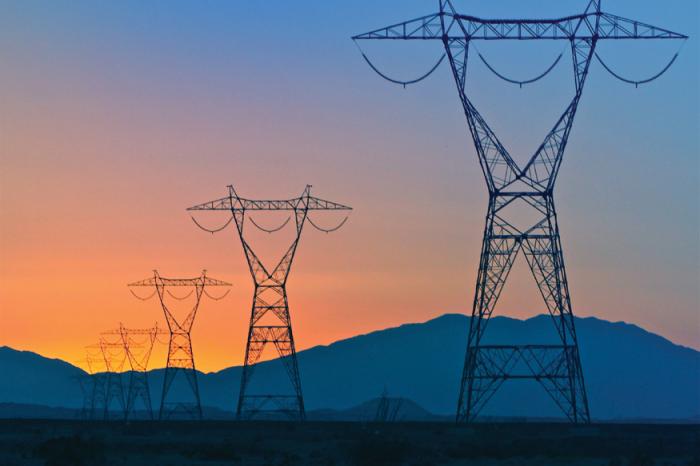U.S. Trade Representative Katherine Tai sent three lists of questions to the Mexican government on Mexican energy policies.
Initially, Tai submitted two of these lists, but several of the questions were not answered or were partially answered.
At the same time that there was disagreement from the U.S. government, in Mexico, Tatiana Clouthier resigned as Secretary of Economy in mid-October and was replaced by Raquel Buenrostro.
Then in a first virtual meeting between Tai and Buenrostro, «the first concern» raised by the former to the latter was the deficiency of the answers to the two lists of questions.
«It turned out that Economy was not asking for all the information from the energy sector, because sometimes they want to give answers strictly of a legal nature; this is not a legal issue, finally these are trade agreements where we have to reach a good port,» Buenrostro said in an appearance at the Mexican Senate.
Buenrostro added that all the coordination within the Executive Branch was resumed, with all the areas of the energy sector, and it was agreed to have to review this particular situation again and that the Americans would send again the two lists that had been incompletely resolved or not attended to, in order to answer them again, and also Tai sent a third list.
«There is willingness on all sides to reach an agreement; in addition to the consultations, several working groups were established for the issues where there were doubts,» said Buenrostro.
Katherine Tai
The energy sector is regulated by the Constitution (Articles 25, 27 and 28) and several laws enacted in 2014: the Hydrocarbons Law, the Hydrocarbons Revenue Law, the Law of the Mexican Petroleum Fund for Stabilization and Development and the Electricity Industry Law; as well as by the Energy Transition Law of 2015.
Since the last review in 2017, the Hydrocarbons Law and the Electricity Industry Law have been reformed so that the State Productive Enterprises (SOEs), i.e., PEMEX and CFE, have a greater participation in the market.
The purpose of the energy policy since 2017 has been to reverse the reform initiated in 2013, under which the sector was liberalized allowing competition.
The Government’s objective is to «rescue» the sector so that it can promote the socioeconomic development of the country.
It is intended that the SOEs will once again become the preponderant operators, so that they become «the lever of development» and contribute to the objectives of energy self-sufficiency, access, supply and transition.
In September 2021, a constitutional reform project was presented in the area of electricity that, if approved, would further strengthen the role of the State and the CFE in the electricity sector, as it would limit the operations of private entities.
But the newly approved Energy Law is now suspended by the Supreme Court of Justice of the Nation.

